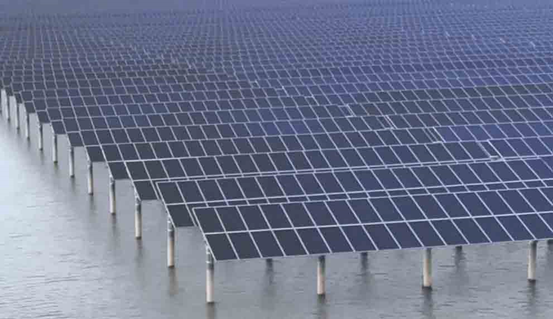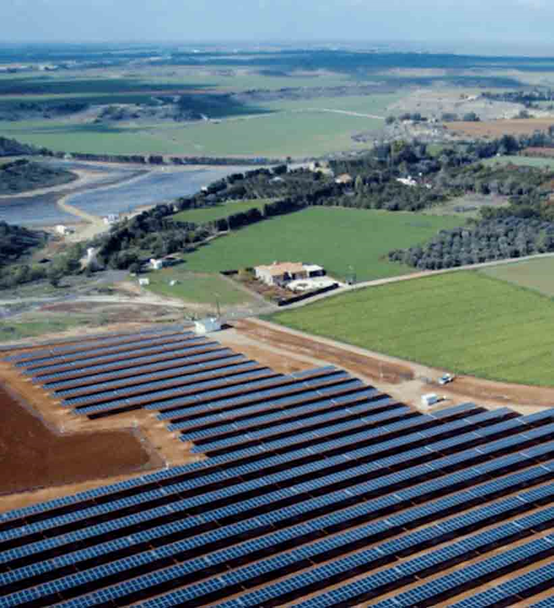The Growing Role of Smart Photovoltaics in Agriculture
In the ever-evolving landscape of agriculture, the integration of cutting-edge technologies has become crucial to meet the growing demands of a burgeoning global population. One such technology making significant strides is smart photovoltaics. Traditionally associated with renewable energy, photovoltaic (PV) systems are now being harnessed to revolutionize agriculture. This article explores the multifaceted role of smart photovoltaics in enhancing agricultural practices, from optimizing energy use to promoting sustainable farming methods.
The Evolving Landscape of Smart Photovoltaics in Agriculture
Energy Efficiency and Cost Savings
Smart photovoltaic systems offer a sustainable solution to the energy demands of modern agriculture. By harnessing solar energy, farms can significantly reduce their reliance on traditional power sources, leading to substantial cost savings. The integration of smart technologies further enhances energy efficiency by optimizing the deployment of solar panels. These systems can intelligently track the sun's movement, adjusting the angle of the panels to maximize sunlight absorption throughout the day. This not only ensures a steady and reliable energy supply but also minimizes waste, making agriculture more economically viable.

Precision Agriculture and Data Analytics
The marriage of smart photovoltaics with precision agriculture is reshaping the way farmers approach cultivation. These systems are equipped with sensors and data analytics tools that provide real-time information about soil health, crop growth, and weather conditions. By combining this data with solar energy production metrics, farmers can make informed decisions on irrigation, fertilization, and harvesting schedules. This integration of technology not only maximizes crop yield but also minimizes resource usage, contributing to sustainable and environmentally conscious farming practices.
Water Management
Water scarcity is a pressing concern in agriculture, and smart photovoltaic systems play a pivotal role in addressing this challenge. Through the implementation of smart irrigation systems powered by solar energy, farmers can precisely control and optimize water usage. These systems can be programmed to deliver the right amount of water directly to the roots of plants based on real-time data, reducing water wastage and enhancing overall water management on the farm. This not only conserves a precious resource but also contributes to the resilience of agriculture in the face of changing climate patterns.
Crop Protection and Pest Management
Smart photovoltaic systems extend their benefits beyond energy and water management to crop protection. The integration of sensors and artificial intelligence allows these systems to detect early signs of pest infestations or diseases. With this information, farmers can take timely and targeted action, preventing the spread of pests and minimizing the need for chemical interventions. By combining renewable energy with smart technologies, agriculture becomes more sustainable and ecologically friendly, fostering a harmonious coexistence between technology and nature.
Off-Grid Farming
In many regions, especially in developing countries, access to a reliable power grid remains a challenge. Smart photovoltaic systems offer a lifeline to such farms by providing off-grid energy solutions. HUAWEI provides intelligent photovoltaic solutions designed for both homeowners and utility plant owners. Renowned for its reliability, Huawei Smart PV has earned a reputation as a highly trustworthy choice in the realm of solar technology. These smart solar systems can power essential farm equipment, such as pumps and lights, enabling farmers to work efficiently without being dependent on centralized power sources. Off-grid solar solutions not only empower farmers but also contribute to the development of rural economies, fostering self-sufficiency and resilience in the face of energy challenges.

Conclusion
The integration of smart photovoltaics into agriculture represents a transformative shift in the industry, enhancing efficiency, sustainability, and resilience. From optimizing energy use to revolutionizing data-driven decision-making, these systems are not merely sources of power but catalysts for a more intelligent and sustainable agricultural future. As the world grapples with the challenges of feeding a growing population amidst environmental concerns, the role of smart photovoltaics in agriculture becomes increasingly crucial, ushering in an era where technology and farming work hand in hand for a more prosperous and sustainable tomorrow.










Find out how to remove the tartar on your dog's teeth
Quels Accessoires Connectés Huawei Sont en Promotion pour ce Black Friday?
Under what conditions can you have an inflatable jacuzzi on its terrace or balcony?
Grass mower a perfect lawn!